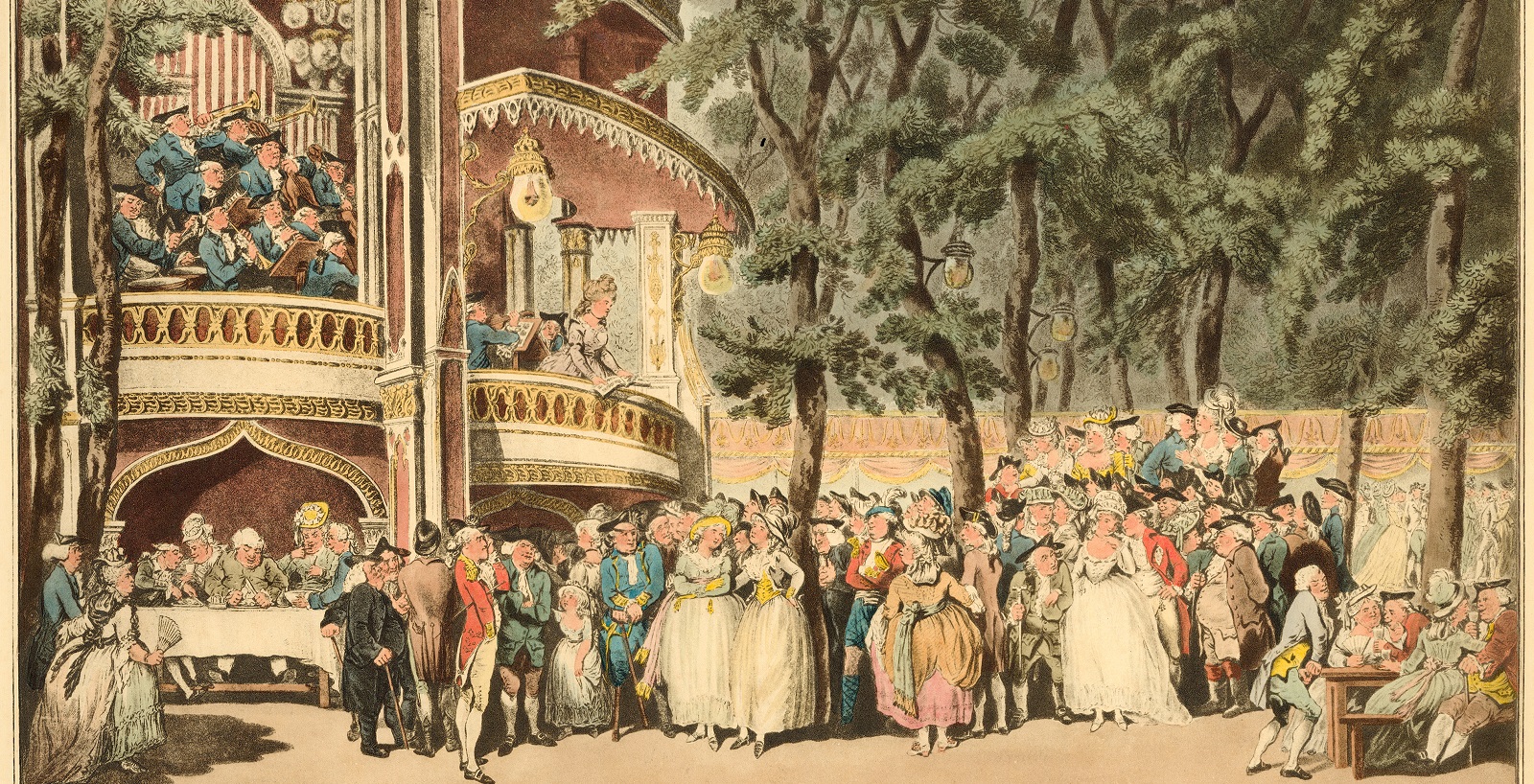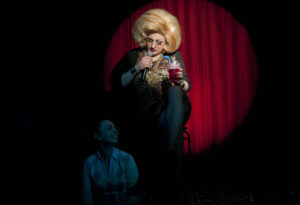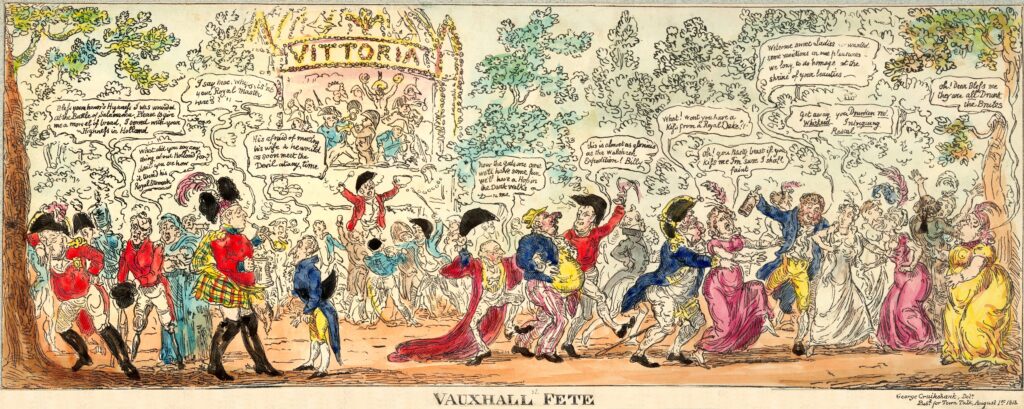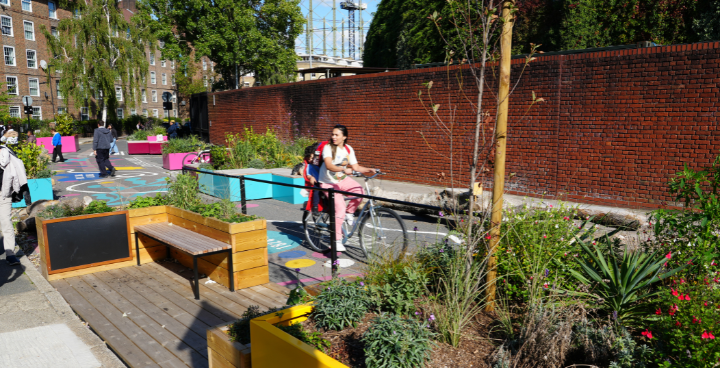
When the Royal Vauxhall Tavern (RVT) became the first building to be Grade II listed because of its importance in LGBTQ+ history, Historic England said it “carries on the tradition of alternative and bohemian entertainment bound up in this part of London’s history and identity.” The RVT opened in 1863 on a corner of the site of Vauxhall Pleasure Gardens.
A Lambeth destination
From the 1660s to 1859, Vauxhall Pleasure Gardens was a Lambeth and London institution – probably the only reason many Londoners ever came south of the river. It mixed planted walks with musical entertainments, spectacle, fireworks and balloon races, food and drink. Writers including Dr Johnson, Fanny Burney, Smollett, Dickens, and Keats, wrote about their visits; Thackeray wove the Pleasure Gardens into the plot of ‘Vanity Fair’.
That “alternative tradition” includes possibly the first officially recorded drag performance, on June 7, 1732, when John Cooper of the Strand – or rather his alter ego ‘Princess Serafina’ – visited the very exclusive Ridotto al Fresco cafe “in a pink calico gown, mob-cap and smock, to the bemusement of the other patrons.”
A place after dark, a place to mix
Vauxhall was visible from Westminster, but for years there was no road, only boats. One French visitor famously misheard the Lambeth watermen‘s cry, “Oars! Oars!” as advertising a brothel. The river crossing made Vauxhall a place of “otherness”. People felt free to do what would be unsafe or improper in London or Westminster. Pepys’ diaries include regular visits with women. It was said you could hear nightingales in the wooded “Dark Walks”, but Addison wrote “he should be a better customer if there were more nightingales and fewer strumpets.”
Most of all it was open to anyone who paid the entrance fee. You might meet the Prince of Wales (later George IV), aristocrats, celebrity writers, respectable middle-class families, gay men nicknamed ‘Mollies’ or ‘MaryAnnes’, apprentices, sex workers and thieves.
The show is over
When the Gardens closed in 1859 its grounds were quickly built over with houses. These streets were badly bombed in World War 2 and demolished – the resulting park area was renamed Vauxhall Pleasure Gardens in their honour.
Last year, Vauxhall launched its Night Time Enterprise Zone, with 72% of local businesses open in the evening and events like Ldn Queer Mart where artists can sell their work – again honouring the tradition of Vauxhall as a destination for a night out.
Lambeth Archives opens in Brixton
- Lambeth Archives holds an incredibly rich collection of Vauxhall Gardens posters, playbills, illustrations and ephemera. Copies of prints are available from Lambeth Archives
- The collection of historic documents and images is moving to its new home on Brixton Hill. The doors will open to the public and to professional researchers and historians early in 2024.
- For information about remote access to collections while the move goes on and our ongoing services see https://www.lambeth.gov.uk/libraries-archives/lambeth-archives/lambeth-archives-relocating-2023





